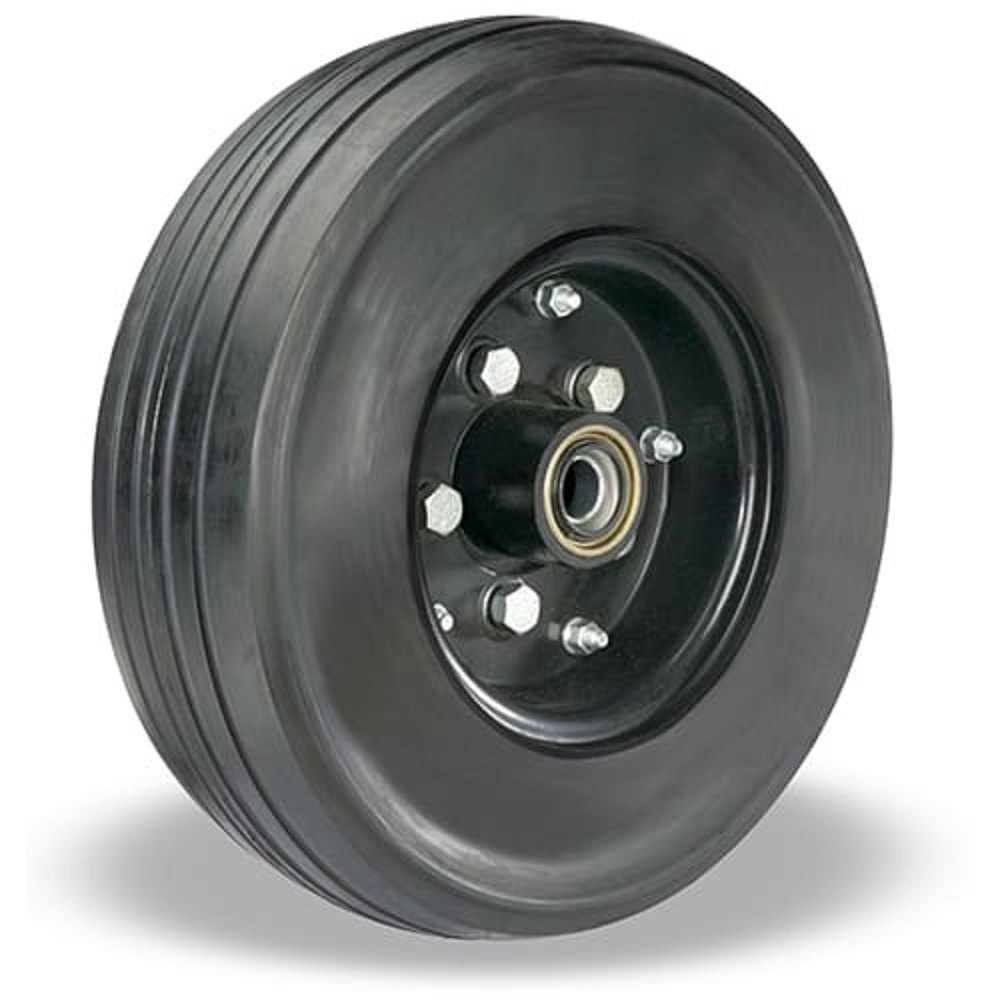Tel: 0129-4001010 Phone: +91 730 321 5033
Email: cs@absoluteveritas.com
BIS Certification for PNEUMATIC TYRES FOR COMMERCIAL VEHICLES-DIAGONAL AND RADIAL PLY IS 15636
In today's competitive landscape, maintaining market presence without a certified, high-quality product can be challenging. Obtaining a BIS license may also be essential for selling products in the Indian market. To achieve BIS certification and ensure product quality, manufacturers must adhere to the specified Indian standards.
Let's delve deeper into at IS 15636 For Pneumatic Tyres for Commercial Vehicles.
Radial tyres, introduced in 1946, were designed to address the need for greater flexibility and enhanced shock absorption from road surfaces. Featuring steel cord plies aligned directly on top of each other and a belt across the casing, radial tyres offer improved strength and allow machinery to operate at higher capacities. The design of radial tyres ensures that the sidewalls remain highly flexible, making them suitable for various road conditions and heavy-duty applications. In contrast, diagonal tyres, which have been in use since 1898, were the standard before radial tyres became popular. These tyres feature nylon cord casing layers arranged diagonally at a 55-degree angle across both the tread and sidewalls. Although less flexible than radial tyres, diagonal tyres are still widely used in specific applications such as port operations and reach stackers.
The IS 15636 standard outlines the specifications for pneumatic tyres used in commercial vehicles, including both diagonal and radial ply types. This standard details the general, dimensional, and performance criteria for new tyres primarily intended for vehicles categorized under M2, M3, N, T3, and T4, as defined in IS 14272:2011, "Automotive Vehicles - Types Terminology (First Revision)." However, IS 15636 does not apply to tyres with speed symbols indicating speeds below 80 km/h.
Tests
Required Test for Pneumatic Tyres for Pneumatic Tyres for Commercial Vehicles are:
-
Type
-
Tyre Dimensions
-
Endurance Test
-
Load/ Speed Performance Test
-
Tread Wear Indicators
-
Tyre Strength (Plunger Test)
-
Marking
-
Type Approval/ Type Test
How to Obtain a BIS License for Automotive Pneumatic Tyres: Key Requirements
To secure a BIS license for automotive pneumatic tyres, specifically for commercial vehicles (both diagonal and radial ply), you must meet several key requisites:
-
Ensure that the raw materials used comply with the IS 15636 standard, which specifies the requirements for pneumatic tyres.
-
Maintain a dedicated in-house testing laboratory to conduct all mandatory tests as required by the standard.
-
Employ competent quality control personnel to oversee and manage tyre quality and compliance.
-
Follow all BIS guidelines related to automotive vehicles and pneumatic tyres, in accordance with the Indian standard IS 15636.
PROCESS FOR BIS ISI MARK CERTIFICATION

BIS CERTIFICATION PROCESS
Acquiring a BIS license requires a comprehensive review of manufacturing infrastructure, quality control abilities, testing resources, and production procedures. This thorough assessment guarantees that products not only adhere to regulations but also prioritize consumer safety and reliability.
NOTE:
For comprehensive guidance on the BIS ISI Certification process, please explore:
WHY USE ABSOLUTE VERITAS?
Absolute Veritas is a prominent organisation from the private sector of India primarily dealing with the Inspection, Testing, Audits, Certification of products& consulting services to various industries in India and worldwide, ensuring compliance with regulatory standards and industry requirements. Offering a comprehensive range of services including product certification, testing, training, auditing, and compliance services, Absolute Veritas helps manufacturers and importers achieve higher production efficiency and quality standards.
Absolute Veritas (AV) will handle end to end pre-registration request, sample preparation, documentation, testing and application process for ISI Mark Certification
For any questions regarding the most recent update on ISI Mark registration licenses, please reach out to us via email at cs@absoluteveritas.com








 ❮
❮
